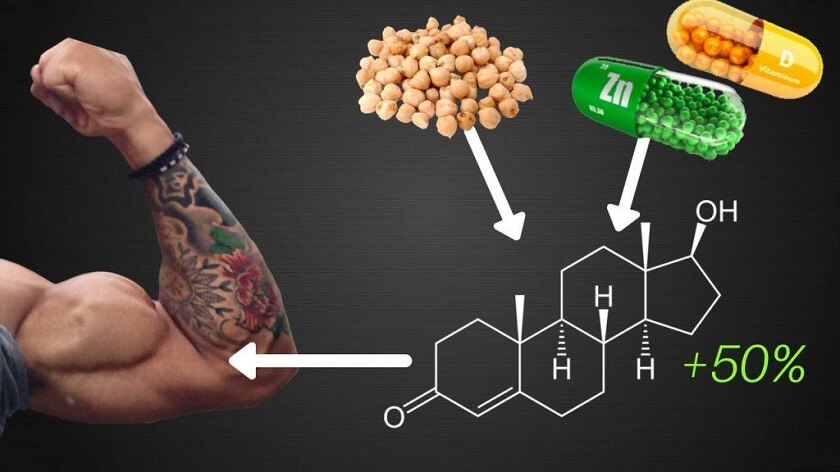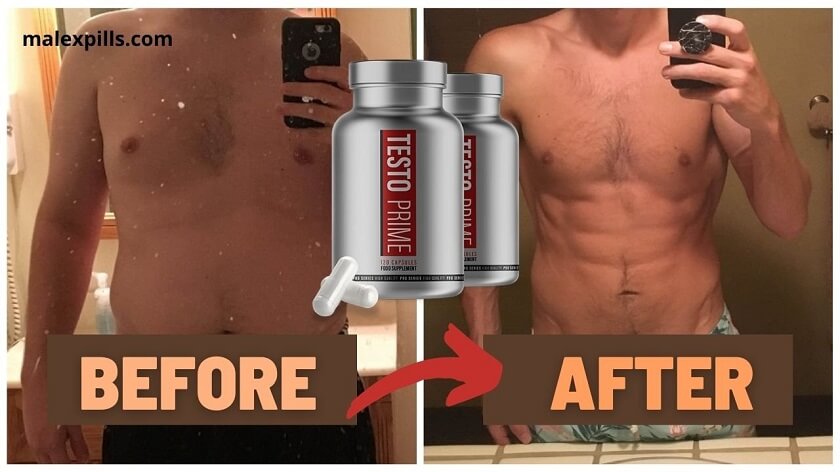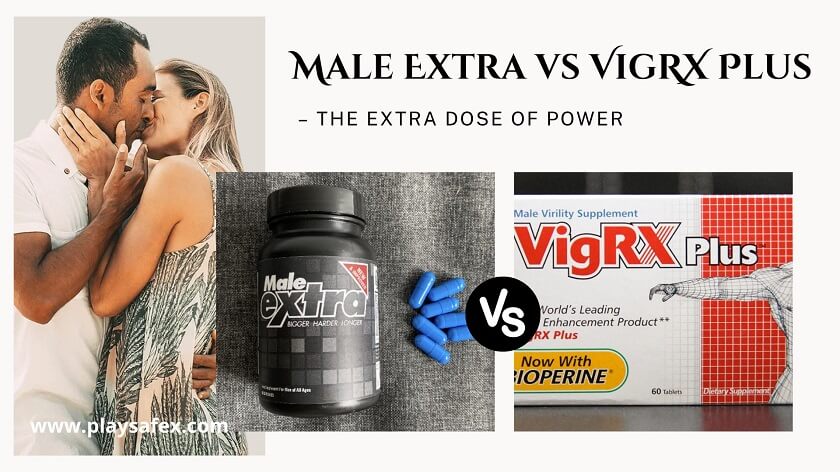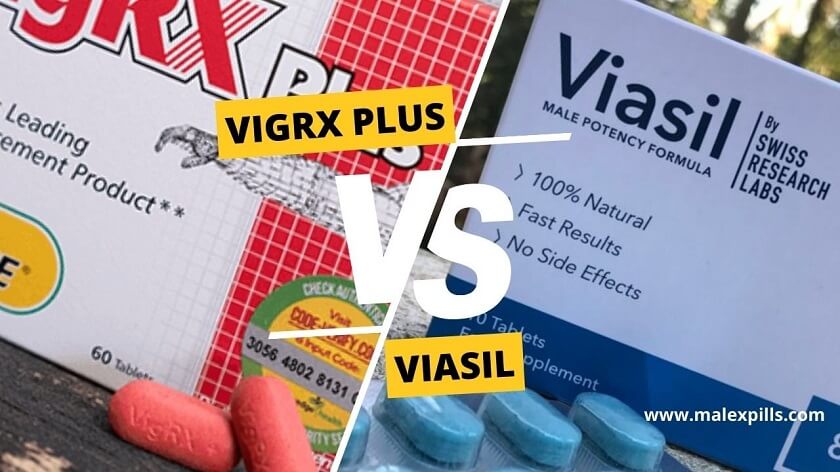Zinc For Testosterone
Have you been looking for results on How To Increase Testosterone Levels Quickly?
Then read this review on Zinc For Testosterone
For males, testosterone plays a major role in the production of red blood cells, muscle mass, and fat distribution.
The hormone is essential for the development of males. Men can experience a variety of health problems when their testosterone levels decline.
Mental disorders, physical illnesses, and poor sexual function are all possible health problems.
Lower testosterone levels need to be treated. Serum testosterone concentrations can be elevated through various methods.
The goal is to have a normal level of testosterone in the body.
Increasing testosterone levels naturally is on many men’s wish lists. Hormone therapy has risks associated with it.
Zinc intake may affect testosterone production, according to research.
Zinc deficiency may result in a decrease in testosterone levels in some people.
It may be beneficial to take a testosterone booster containing zinc in such a case.
Let’s explore the relationship between Zinc For Testosterone.
Zinc and Testosterone
Additionally, we discuss the dangers of low testosterone levels in and Testosterone
You need zinc to function properly and divide your cells. Zinc is necessary for enzymes that break down food molecules and other nutrients, and it is also necessary for enzymes that produce proteins.
Zinc, which cannot be synthesized by our bodies, has to be obtained from food.
Zinc can be found in several foods as well as in supplements.
The lack of testosterone may result in a zinc deficiency.
Research hasn’t exactly proven the full effect of zinc on testosterone levels, but a study, in particular, showed that men taking zinc supplements had higher testosterone levels.
When you take more than 40 milligrams of zinc per day, you may develop toxicity.
Zinc is an important component of testosterone production, but it does not supercharge testosterone levels.
The body requires zinc for several processes, including:
- Wound Healing.
- Protein Synthesis.
- Growth and Development.
- Immune Function.
- DNA Synthesis.
In the next section read How Does Zinc Increase Testosterone in reality.
How Zinc Can Boost Your Testosterone Level
If you supplement your body with zinc, it would affect your testosterone levels.
In other words, taking a zinc supplement could increase testosterone levels if you are low on zinc.
However, if you are not deficient in zinc, a zinc supplement may not increase testosterone levels.
The enzyme complex aromatase is blocked by zinc, and a zinc deficiency can result in a high level of testosterone being converted to estradiol, decreasing testosterone levels.
You can have a low level of testosterone and also have an adequate level of zinc in your body in some cases.
As a result of aging, medical conditions, or genetic disorders, testosterone levels are lowered in such circumstances.
How Long Does It Take For Zinc To Boost Testosterone?
To find out just How Much Zinc Should I Take Daily For Testosterone, researchers restricted zinc intake for 20 weeks in young men.
During that time, their testosterone levels dropped from 39.9 to 10.6 nanomoles per liter.
However, the researchers wanted to take a look at the opposite. For six months, they gave zinc supplements to elderly men who were mildly zinc deficient.
As expected, their testosterone levels improved after 24 weeks.
The average T level increased from 8.3 nmol/L to 16.0 nmol/L, which is within the middle of the healthy adult range.
Final Words – Zinc For Testosterone
A man’s testosterone level increases during puberty.
The man begins to experience increased libido, increased sperm production, and the development of his major physique.
You can naturally increase testosterone levels through exercise, a healthy lifestyle, and, yes, zinc consumption.
Testosterone levels can be raised with zinc.
Foods such as s, ginger, oysters, pomegranates, plant milk, and leafy greens can all provide zinc.



